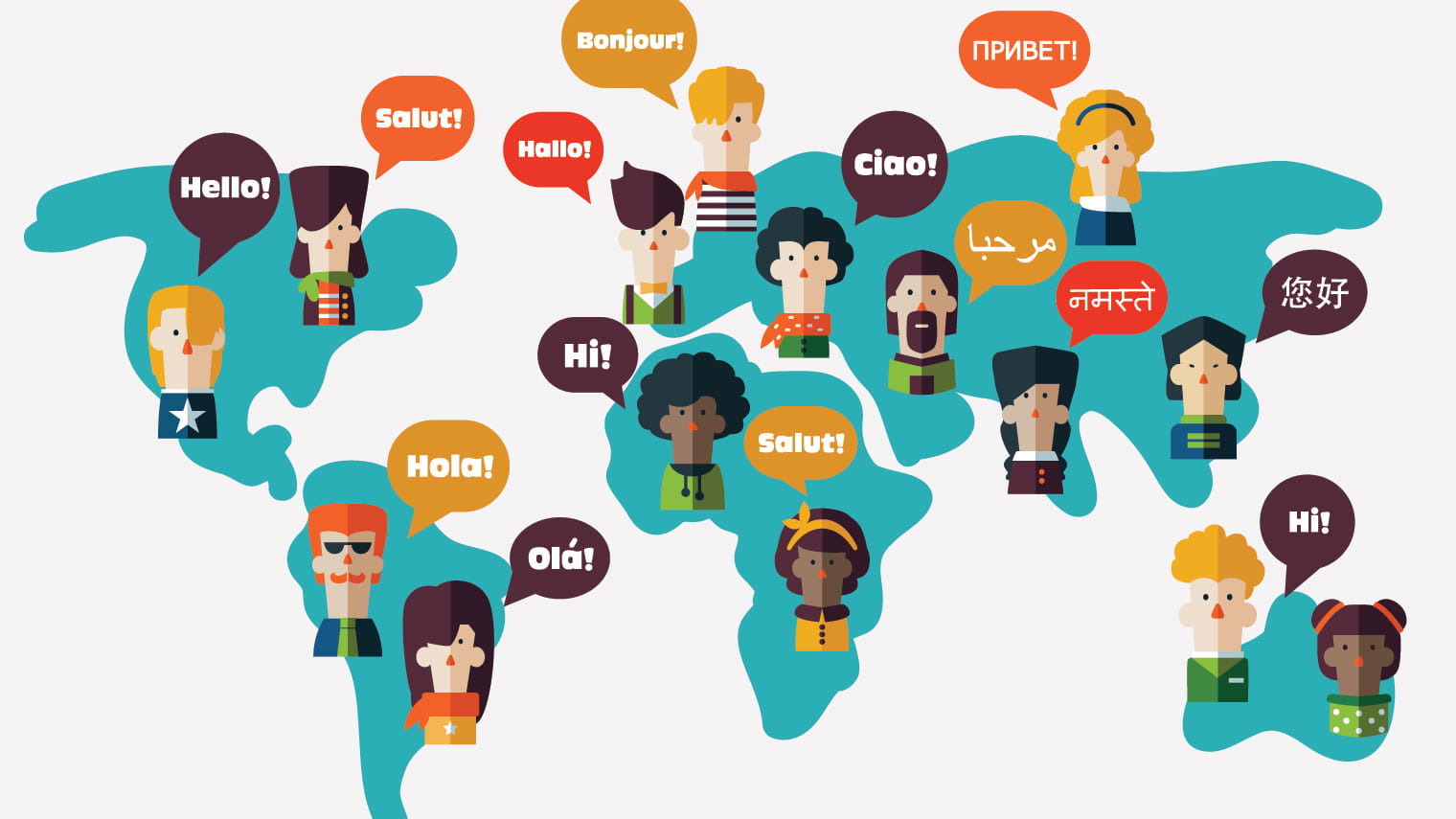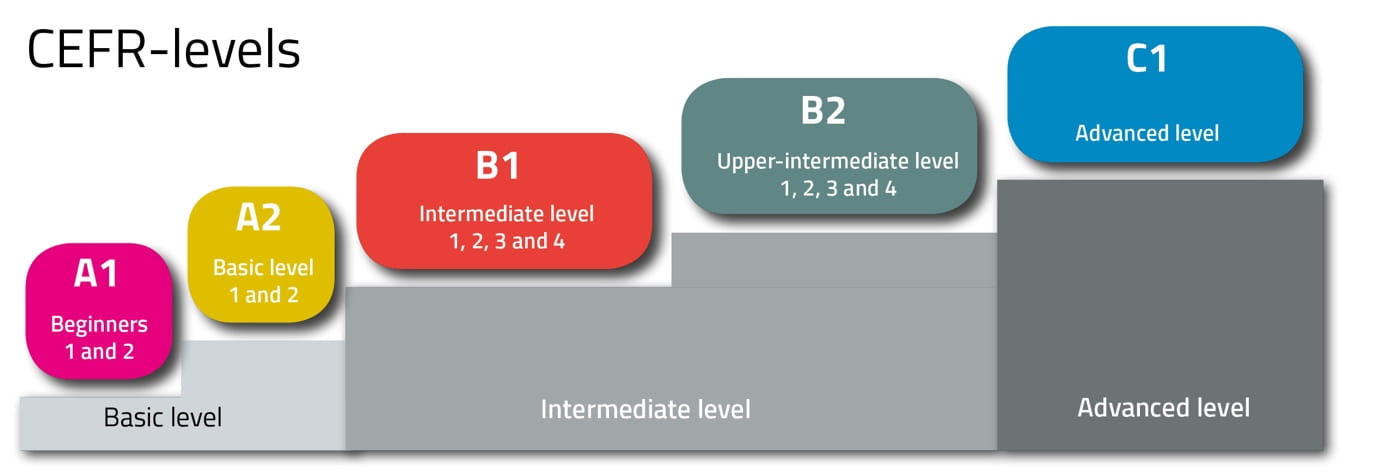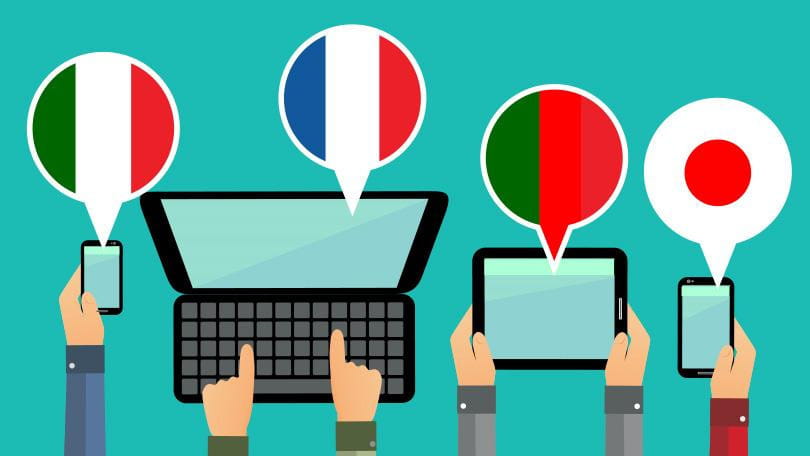We use cookies to improve your online experiences. To learn more and choose your cookies options, please refer to our cookie policy.
- Discover more
- Parent Essentials
- News
- Calendar
- Apply now
- Discover more
- Parent Essentials
- News
- Calendar
- Apply now

Today, with the rise of auto-translators and the domination of the English language online, one might be tempted to think that learning another language at Northbridge International School Cambodia is an unnecessary endeavour or a tiring chore. However, in our globalised world, the ability to converse in more than one language and to appreciate other cultures remains more relevant than ever.
Much has been written about the neurological benefits of acquiring another language, such as improving memory, promoting creativity, postponing the risks of dementia and even better understanding our first language. Being multi-lingual also has professional advantages, as candidates with linguistic skills will stand out to employers.
Acquiring a new language is a long-term challenge that brings frustrations along the way, but the rewards outweigh the efforts. Developing grit and resilience, stepping out of our comfort zone, cultivating a tolerance for ambiguity and recognising different world views – these help us become proficient in another language, but also make us more rounded individuals.
With this in mind, let’s explore some “tips” to effectively approach the additional language challenge, and even to enjoy it:
1. Immerse yourself in the language.
Languages are living systems - sometimes disconcerting - but also fun to explore. Seeking the language outside of the classroom enhances our experiences as a learner. In an international community like NISC with more than 40 nationalities, it is highly likely that you will find a native speaker. Why not reach out to that person and make a habit of chatting, even if only for a few minutes every day? You might be surprised at how fast you improve orally. With Netflix and similar streaming services, we now have access to a plethora of international series and movies in a wide range of languages, and - even better – with subtitles! Why not find an international series that you like and start watching it? This is a great way to get familiar with colloquial language and to immerse yourself in the culture. YouTube also has many channels dedicated to polyglots and language learners that can teach you new tricks. Finally, if you need a break, you can also listen to some music in your new favourite language on iTunes or Spotify.

2. Accept that “Rome wasn’t built in a day”.
So goes the adage (“Rome ne fut pas faite toute en un jour”). It takes time and effort to develop sufficient proficiency to be able to converse with ease, and at first one might have the impression that every sentence is full of stumbling blocks. In an age in which ‘Google’ is often our first reflex, we might be tempted by the offer of instant aid from an online translator, but those short cuts are of limited help in the long term.
The Council of Europe Common Framework of Reference for Languages acknowledges that to reach the B1 level, the “Threshold Level”, takes around 200 hours of study. This is when you start to become more independent in the language. So, it is important to stop comparing what we can do in the language of study and our native language. It is also important to celebrate what we can do and dare to use what we know. What’s the worst that can happen, apart from a grammar mistake? When we learnt how ride a bicycle, all those unavoidable falls did not stop us from persevering. Plus, it gets easier - the more language we know, the more transferable strategies and connections we can make. A multilingual CEO was once asked which language was the easier to learn, to which he answered: “The third one”!

3. Use technology intelligently.
Information technology has revolutionised the way we communicate and access information. Acquiring another language is no exception. Many online tools and apps can assist us with the process. Duolingo, Babbel or Memrise, to name a few, can get you started. However, whilst online translators can be useful if you want to access a text in a language you barely know, they have lots of limitations. The translations are usually approximative and a language learner lacks the proficiency to notice or correct dubious translations. That said, some online dictionaries can be very useful, especially if they provide some explanations and context sentences. Some recommended sites include Wordreference or Pons. Wordreference even has a forum where you can ask questions about specific word or phrase use. Linguee is also an excellent site as it provides an extensive list of context sentences in two languages for words that do not translate in a literal way. In these cases, translations are made under the supervision of a professional translator, not just by an algorithm! Oh, and I had to mention Le Bon Patron (a.k.a. SpellCheckPlus in its English version) that allows you to find, understand and correct your own grammar and spelling mistakes. The website points to the language issues but you still have to do the work to correct them. It’s not 100% accurate, but does help in many cases.
I hope this post has helped convince you that, in the 21st Century, learning an additional language is more relevant than ever, and offered you some guidance on how to tackle it. I will leave you with this Czech proverb: